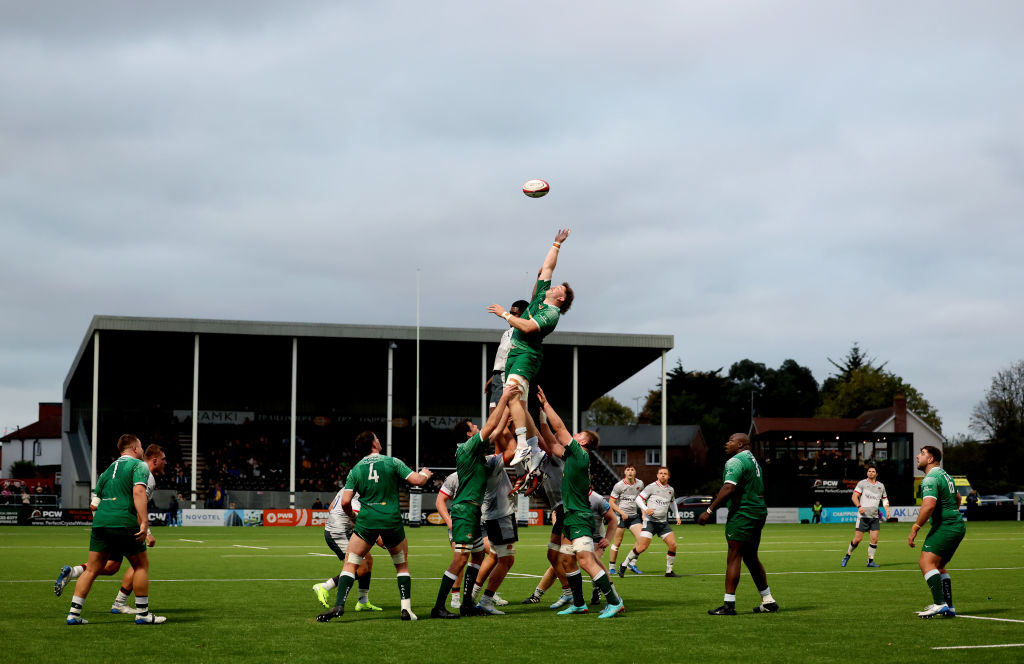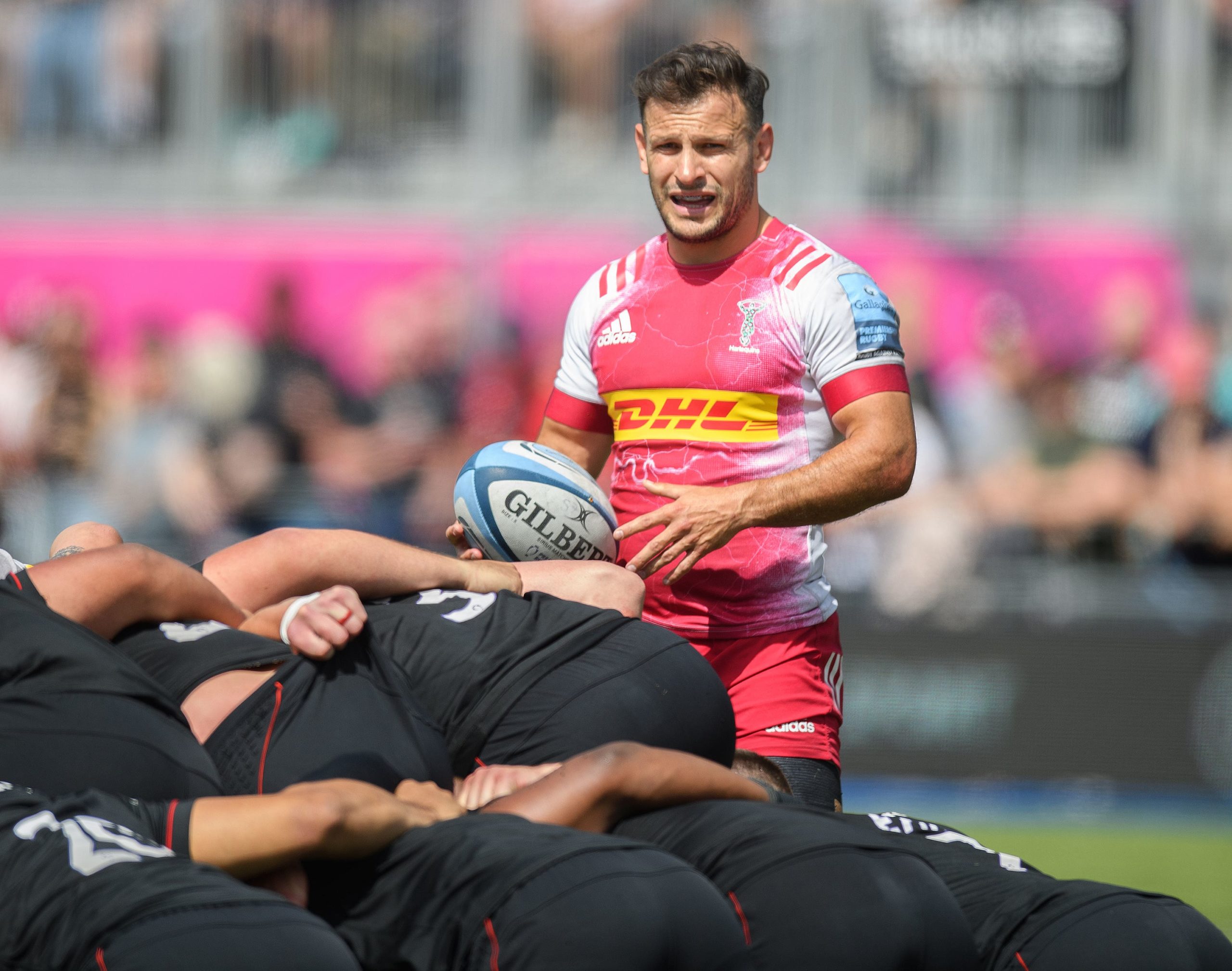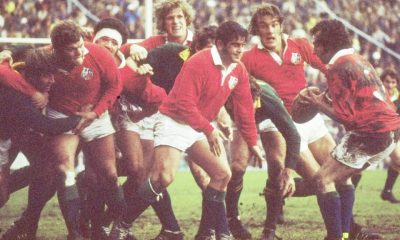 John Pullin has long deserved special mention in the folklore of Anglo-Irish rugby, not so much for what he did on the field but what he said at the after-match dinner. In 1973 England saved the Five Nations from further disruption by honouring their fixture at Lansdowne Road in defiance of The Troubles. If anything, the security risks were even worse than during the previous year when Scotland and Wales declared Dublin a no-go zone.
John Pullin has long deserved special mention in the folklore of Anglo-Irish rugby, not so much for what he did on the field but what he said at the after-match dinner. In 1973 England saved the Five Nations from further disruption by honouring their fixture at Lansdowne Road in defiance of The Troubles. If anything, the security risks were even worse than during the previous year when Scotland and Wales declared Dublin a no-go zone.
Forsaken by their so-called Celtic brethren, the Irish Rugby Union feared that England, with infinitely more to fear, would follow the others and stay at home. As captain, Pullin was never one to take the soft option and readily declared himself available as per normal.
Despite the death threats, nobody ducked out and when they lined up for the kick-off, the standing ovation was said to have gone on for five minutes. Some hours later, at the banquet across the road from the field where his vanquished team had behaved like perfect guests, Pullin had to make a speech.
He was never one for fancy phrases or jokes so that night under the chandeliers in Dublin he just told as it was. “We may not be much good,” he said to the black-tied assembly. “But at least we turn up…”
A second standing ovation ensued. At 71, the old Bristol hooker can expect another in Cardiff next month on the occasion of an event which the organisers claim to be a first, the first time that every one of the players responsible for stitching together the try of the 20th century have been together under the same roof during the 40 years since it happened.
Pullin will be the solitary Englishman among an otherwise all-Welsh cast whose combined efforts for the Barbarians against the All Blacks on January 27, 1973, resulted in the most celebrated of all tries, the one started by Phil Bennett and finished by Gareth Edwards after supporting roles from JPR Williams, John Dawes, Tommy David, Derek Quinnell and Pullin.
They are being billed, without a syllable of exaggeration, as ‘The Magnificent Seven.’ At the last count, almost 500 had signed up for the privilege of seeing them together again, their collective presence all the more memorable for the recent passing of the commentator who articulated their deed for posterity, Cliff Morgan.
The organisers, the Welsh Charitables RFC under the direction of their indefatigable honorary secretary David Power, have got them altogether for one night only – a charity dinner on October 25.
The seven have never been reunited since that day,” says Power. “That’s what will make this a unique occasion.”
Pullin, who appears third in line in the Baa-baas’ try symphony, has spent his life within sight and sound of the Welsh border. When he travels from his farm in the village of Aust, under the shadow of the original Severn Bridge to the big bash in Cardiff, Pullin ought to feel at home in such exalted company.
In his time, he did something which none of the Welsh greats with whom he played during that famous match four decades ago could emulate during their time.
Over a period of 18 months in the early Seventies he pulled off a feat which no England captain has done before or since – led his country to victories over New Zealand, Australia and South Africa.
What’s more, two of those wins were achieved on foreign soil at two of the most intimidating stadia in the game – Ellis Park, Johannesburg, in 1972 and Eden Park, Auckland, the following year when England won in New Zealand for the first time (16-10).
By then the unfashionable, no-frills West Country farmer had played his way into folklore alongside six superstars from the Welsh galaxy. And a fortnight after the Baa-baas’ finest hour, Pullin led England out onto Lansdowne Road, thereby underlining the first principle about any fixture, that no matter how tough the going, you turn up and keep your word.

1 Comment
You must be logged in to post a comment Login
Leave a Reply
Cancel reply
Leave a Reply
You must be logged in to post a comment.

English Championship
What the new Championship format could mean for English rugby


























Pingback: เว็บปั้มไลค์